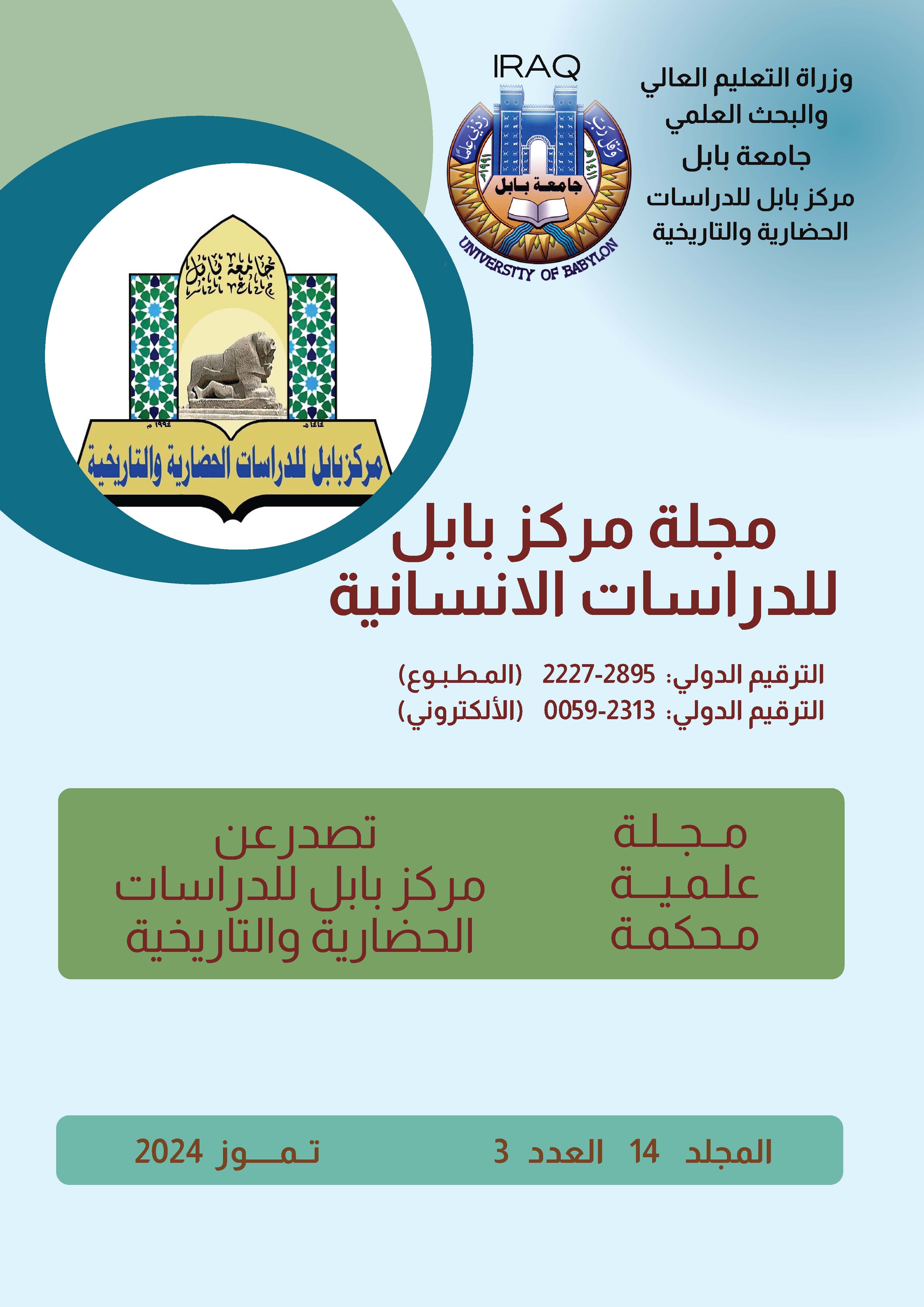Orientalist Juan Vernet’s vision of botany and medicine in the thirteenth century and their impact on Andalusia
Keywords:
Medicine, Botany, Orientalism, Anesthesia, VernetAbstract
This study aims to know the importance of the sciences of botany and medicine and the developments that occurred in them in Islamic history and the vision of the orientalist Juan Vernet regarding the authenticity and Arabism of these two sciences and the extent of the Arabs’ contribution to the development of these sciences and their transfer to the West. Therefore, the Arabs cared about plants and trees and took great care of them because they needed them. These plants were for grazing their livestock, and the names of these plants took up a large part of their language, as they were in close contact with them, so they were written down with them and preserved in their collections. The main motivation for studying and looking at plants was to know the harms and benefits they contained. History tells us about simple contributions made by the Greeks, Romans and Arabs in pre-Islamic times. Over the centuries, these contributions became the basis of botany, as the Greeks and Romans turned to the external description of plants. The Muslim Arabs also had a great impact on the development of medicine and anatomy. Western scholars took Ibn Sina’s many talents, his fertile production, and his creative mentality as his books on medicine, philosophy, mathematics, physics, and theology. And ethics. He is one of the greatest scholars of Islam and one of the most famous scholars in the world. He is one of the great men of humanity, as Arab and Muslim doctors used sedatives and pain-relieving compounds before performing the work of the Lord, that is, surgical interventions. The credit goes to Arab and Muslim doctors for introducing inhalation anesthesia into practical practice, by using what was called at the time the lying sponge in particular. It was initially limited to herbal preparations that were given either orally or rectally to relieve pain resulting from diseases.







